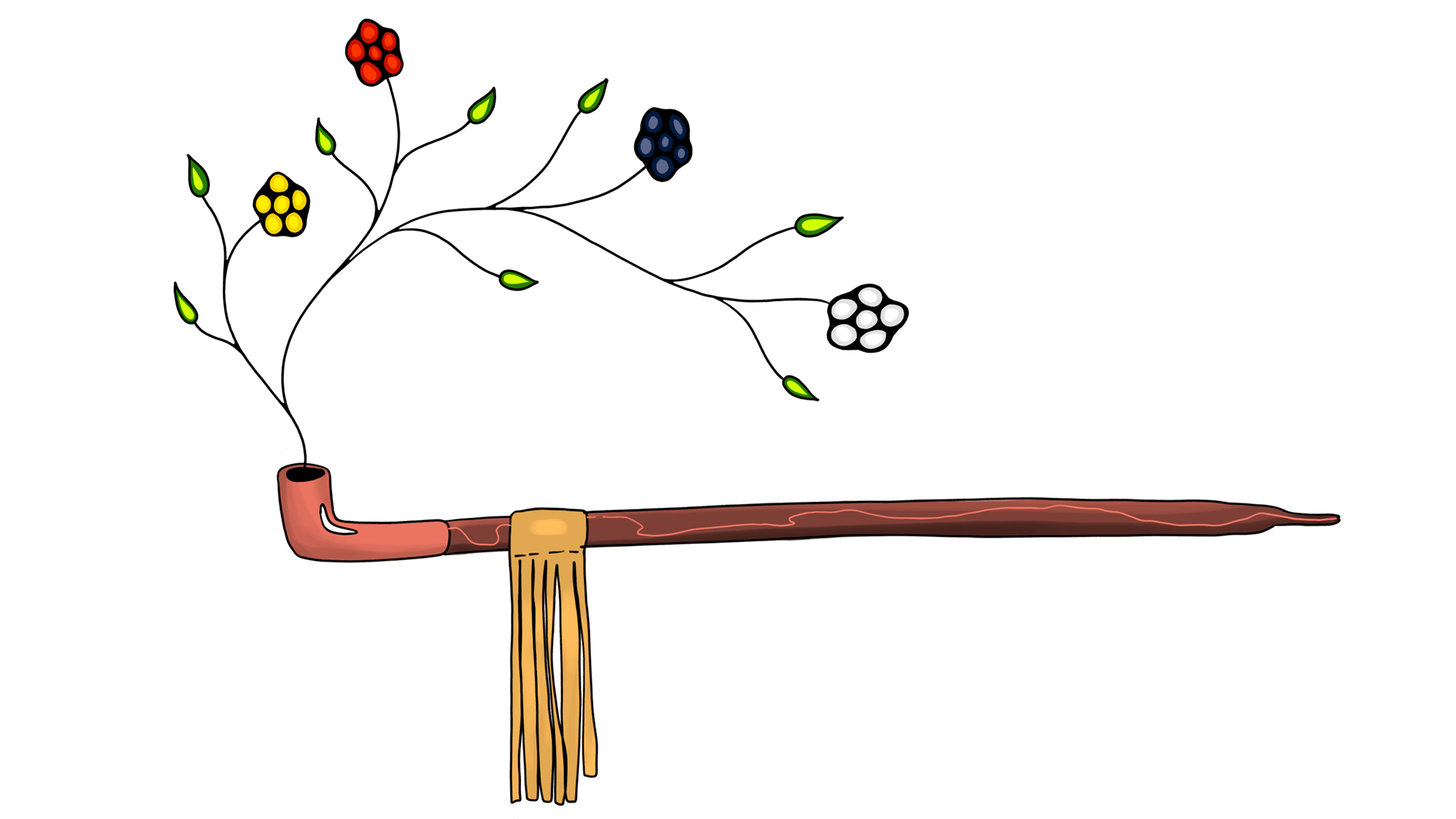Education
Ethos
The Centre for Wise Practices (GCWP-IH) uses a strength-based approach to Indigenous Health Education while working with individuals and program leaders. Reconciliation must involve the restoration of Indigenous knowledge systems and wellness frameworks, led by Indigenous people and their communities.
The Centre is working to close the health gaps experienced by Indigenous peoples. The development of holistic educational opportunities for learners and staff are inclusive of Indigenous ways of knowing. Core principles of our educational programs include:
Community−informed education, research and clinical care that prioritizes Indigenous perspectives of wellbeing and healing (spiritual, emotional, mental, physical).
Indigenous−led relationship development that reflects the diversity of First Nations, Inuit and Métis communities.
Education about wise practices for reconciliation in health care; anti-racism/bias, cultural safety and trauma-informed training opportunities.
Facilitation of traditional First Nations, Inuit, and Métis healing practices that respect the diverse needs of all Indigenous peoples.
Group Education & Guidance for Wise Practices in Reconciliation
Educational Opportunities offered for WCH staff, care providers, learners and leadership.
Cultural Humility & Safety
Reconciliation
Institutional Commitment Strategies
Trauma-informed Care and Approaches
Indigenous Health & Wellness Strategies
- Holistic and Strength-based Approaches
- Indigenous Ways of Being & Knowing
Indigenous Elder Engagement
Respectful Allyship & Reciprocity in Relationships
Indigenous Data Sovereignty
Relationship Building
Indigenous Equity -Apart from DEI
- Anti-Indigenous Racism in Healthcare
- San’Yas Indigenous Cultural Safety Training Debriefing Workshop
Personal and Program-based Commitments
PROJECTS & PROGRAMS
In partnership with Women's College Hospital Institute for Health System Solutions Virtual Care (WIHV), GCWP-IH team members hosted an afternoon, June 15, 2023, workshop designed to explore what allied health research and working with First Nation, Inuit and Metis communities in a “good way” entails across all phases of the research cycle. The goal of this workshop was for allied non-Indigenous researchers to better understand their roles and responsibilities when engaging in community-partnered research initiatives.
In partnership with the Office of Research at WCH, GCWP-IH organized a full-day workshop for relevant WCH staff that focused on community-driven health research. The workshop featured leaders in community-partnered Indigenous and Black Health research programs and initiatives in urban contexts. GCWP-IH team members continue to work closely with the Office of Research to help drive innovation and promote a right-based approach to Indigenousness Health Research.
Niigaan ezhi-wiidsendiying (how we walk into the future together) is a program in partnership with the Centre for Community Partnerships at the University of Toronto. The program matches paid placements for First Nations, Inuit and/or Métis students with Indigenous community organizations for up to 100 hours of work from October April. Students also take part in reflection sessions, including fireside gatherings and virtual sharing circle check ins, all bundled with traditional activities or teachings.
Recognizing the need for greater diversity within health research, the Women’s
Read MoreP Zka'an ni-bmiwdoowin Gchi-kinoomaadwinan (ZNGBK), Building the Fire, Walking with Medicine is
Read More
